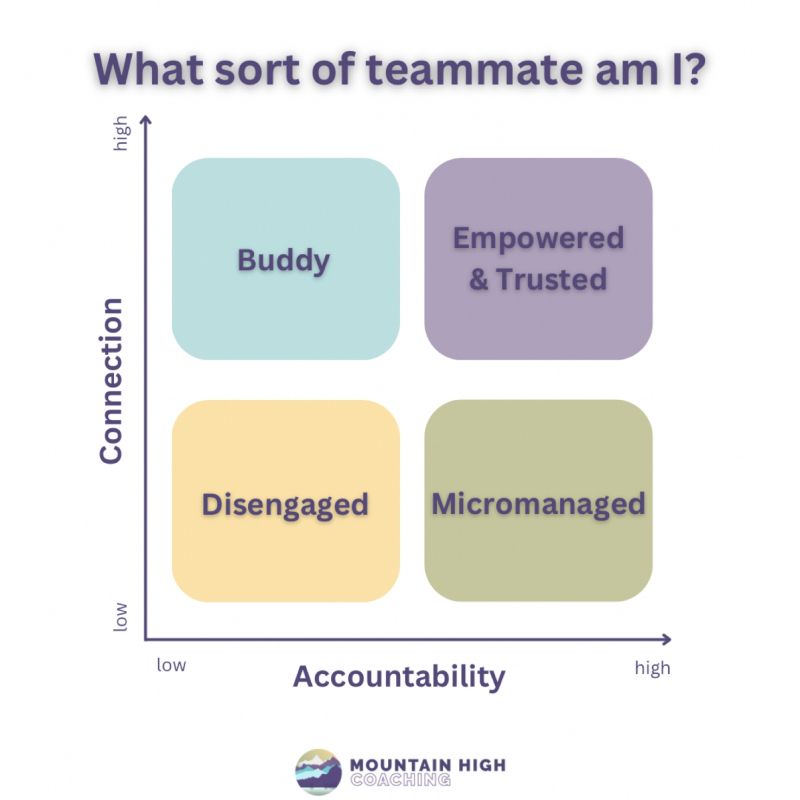Have you ever worked with someone who thinks they’re the GOAT, the bee’s knees, the best of the best? And also thinks everyone else is the worst of the worst?
People like that can be hard work to be around.
They have this way of sucking all the oxygen out of the room and leaving none for the rest of us.
And they use that oxygen to focus on themselves, big themselves up, and put everyone else down in the process.
They gaslight, manipulate and criticise.
They demean, embarrass and shame.
Unless they see you as an equal, then they will come across as charming, convincing, competent and influential.
Because ultimately, when the complaints about them start rolling in, these “equals” will likely doubt what you say because they themselves have never experienced what you’re describing.
And then make you feel like you’re somehow at fault, imagining things, or aren’t a team player.
Narcissism is a self-centered personality style characterised as having an excessive preoccupation with oneself and one’s own needs, often at the expense of others. And it is a mental health condition.
Because usually at its core are deep-rooted anxieties and insecurities.
The term is based on a character, Narcissus, in a poem written by a Roman poet, Ovid, who ultimately is punished by the gods for rejecting others by making him fall in love with his own reflection, but on realising that his reflection doesn’t love him back, he gradually fades and dies.
All rather tragic.
Like most things, narcissism exists on a scale, from healthy to destructive.
When it reaches high levels of arrogance, superiority (often not supported by evidence of competence), boundary-less insults, and lacking empathy, the rest of us suffer.
And some become masters at subtlety, so you may start to doubt yourself.
If you work with a narcissist, I’ve learned that doing the following could help:
* stay assertive, self-advocate and stick to the facts
* document accurately, in a timely manner, difficult interactions
* don’t absorb their toxicity and let it wear away your self-esteem
* set firm boundaries and don’t over-share, because they’ll find a way to use it against you (this includes privacy settings on social media)
* understand that their flattery isn’t genuine, so beware of manipulation
* talk to others, without it becoming gossipy, to see if their experience is the same as yours around this person. Maybe agree to collectively speak to someone senior or in HR about their behaviours.
It’s never nice to feel like you’re labeling someone. Especially when it’s not something positive. We all have some degree of narcissism in us, so The Label really only fits if the behaviour is consistently narcissistic over an extended period of time.
And it’s helpful to remember that the behaviour is a reinforced facade for their own insecurities and anxieties. Which calls for empathy, even, and especially, in the absence of any empathy from them.









